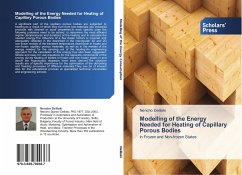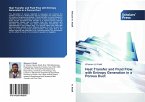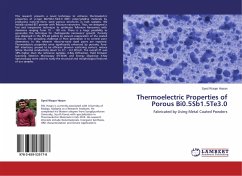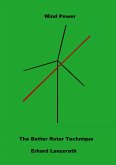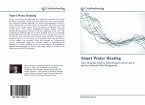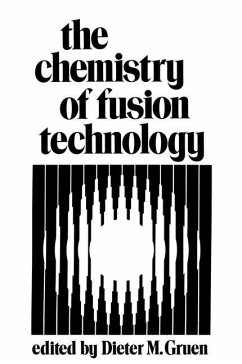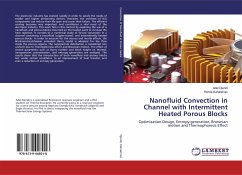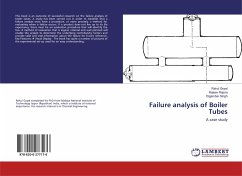A significant part of the capillary porous bodies are subjected to heating,as a result of which they turn from raw materials into industrial products with desired or input properties.In each specific case the following problems need to be solved: to determine the most efficient regime (temperatures and duration) of the heating and to calculate the needed energy.The influence of a few dozen factors is covered and adequately reflected in the described in the monograph 3D and 2D non-linear models of the transient temperature distribution in frozen and non-frozen capillary porous materials, as well as in the models of the energy needed for the carrying out of the heating.An engineering approach for the calculation of this energy has also been suggested. Simple and easy for use equations for the separate components of the energy during heating of bodies in frozen and non-frozen states in and above the hygroscopic diapason have been derived.The obtained results are of specific importance for the optimization of the defrosting and freezing processes of different materials.They can be of interest also for the educational process at specialized technical universities and engineering schools
Bitte wählen Sie Ihr Anliegen aus.
Rechnungen
Retourenschein anfordern
Bestellstatus
Storno

